Latest ranking stirs controversy amongst third-party certification bodies
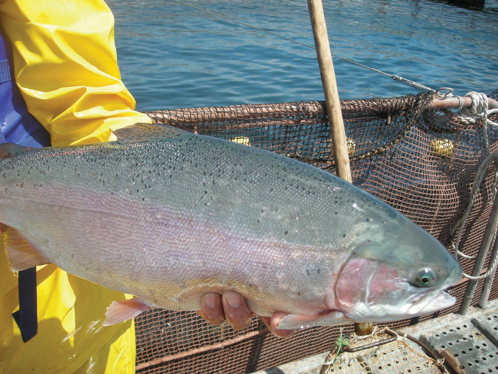
Major third-party aquaculture certification groups are criticizing a recent decision by the Monterey Bay Aquarium’s Seafood Watch ratings program to downgrade Chilean farmed trout to its “avoid” list.
Seafood Watch, the influential seafood sustainability assessment program, advised that rainbow trout farmed in Chile’s Region X (Los Lagos) in marine net pens “should be avoided.”
“The high use of antimicrobials and pesticides to control bacterial diseases and parasitic sea lice and the potential development of antimicrobial resistance across Chile are significant concerns,” the organization wrote in its decision posted online. “In Region X, rainbow trout are treated, on average, 1.17 times per site per year with antimicrobials listed as highly important for human medicine by the World Health Organization and are also treated multiple times with pesticides. Determining the origin, drivers, and scale of resistance is challenging, and this is an active area of research in Chile.”
The organization said that the “widespread, repetitive and prolonged use of antimicrobials on rainbow trout (and Atlantic salmon) farms likely contributes to resistance.” In addition, it claimed that “large-scale escape events and trickle losses continue to occur.”
“Even though rainbow trout are established in the wild due to historical stocking, escaped farmed trout pose a high risk to wild, native species through predation and resource competition,” wrote Seafood Watch on its website.
This latest update is part of a growing list of controversial rankings, such as the recent red listing of American-caught Atlantic lobster triggering criticism. Third-party certification groups – the Aquaculture Stewardship Council (ASC) and the Global Seafood Alliance’s (GSA) Best Aquaculture Practices (BAP) certification programs – voiced their objections to the decision.
“Retailers and foodservice buyers, as well as consumers, can be assured that the rainbow trout that they’re purchasing from BAP-certified farms in Chile are responsibly produced and 100-percent compliant with BAP standards,” said Steve Hedlund, communications manager for GSA.
ASC said the issues raised by Seafood Watch are moot, arguing that “if it’s ASC certified, you can be assured that it’s been responsibly produced.” It said that any concerns about Chilean farmed trout are addressed by the ASC’s standards for salmon farms – the requirement to earn the eco-label.
“This overrides any rating that a region may have been given,” said an ASC spokesperson. “Consumers and buyers from both retail and foodservice sector can continue buying ASC-certified rainbow trout farmed from Chile with confidence.”
Follow the Advocate on Twitter @GSA_Advocate
Now that you've reached the end of the article ...
… please consider supporting GSA’s mission to advance responsible seafood practices through education, advocacy and third-party assurances. The Advocate aims to document the evolution of responsible seafood practices and share the expansive knowledge of our vast network of contributors.
By becoming a Global Seafood Alliance member, you’re ensuring that all of the pre-competitive work we do through member benefits, resources and events can continue. Individual membership costs just $50 a year.
Not a GSA member? Join us.
Author
Tagged With
Related Posts
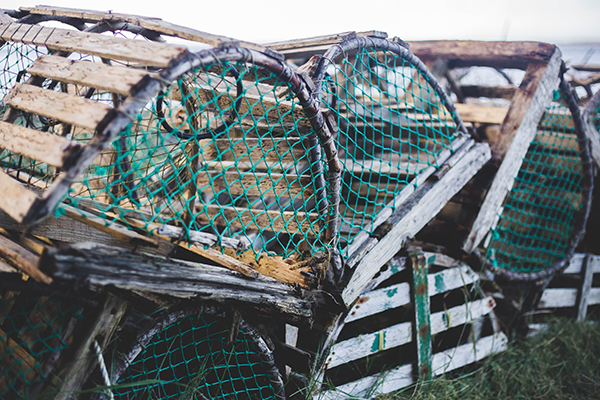
Responsibility
Maine lobster industry speaks out against Seafood Watch ‘red-listing’
Seafood Watch urged consumers to avoid products from the Canadian snow crab and U.S. lobster fisheries, due to right whale entanglement risks.
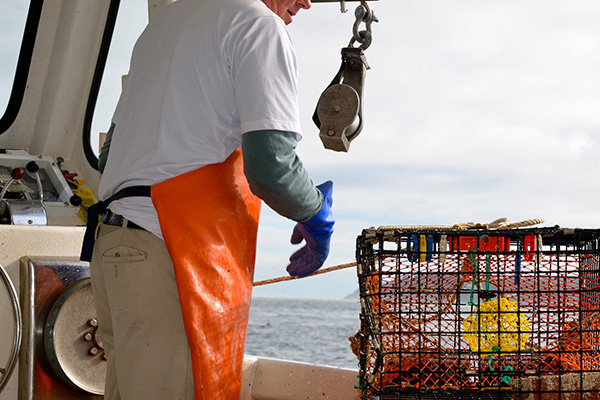
Fisheries
MSC suspends certification for Maine lobster fishery, enraging state’s political leaders
Maine’s governor and Congressional delegation say activists with an "axe to grind" led to the Marine Stewardship Council's decision to suspend Maine lobster’s certification.
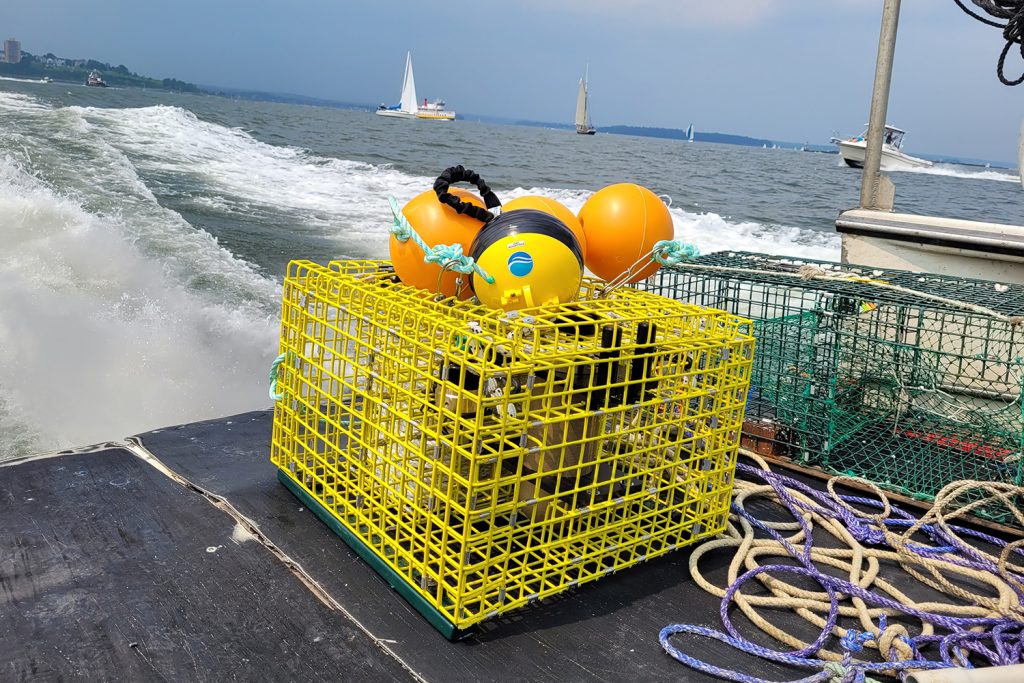
Fisheries
Rethinking ropes: Can ropeless fishing gear end whale entanglements?
Ropeless fishing gear can prevent whale entanglements and reduce the amount of discarded or lost fishing equipment but the cost is a limiting factor.
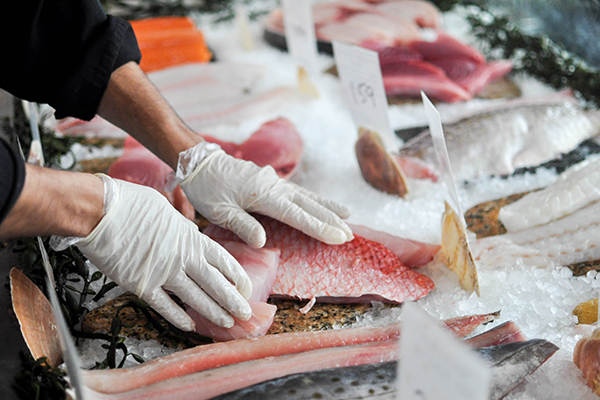
Intelligence
Suppliers, retailers and others call for improved seafood traceability standards in Canada
Grocery chains, seafood industry stakeholders and experts are calling for improved traceability standards for seafood sold in Canada.



